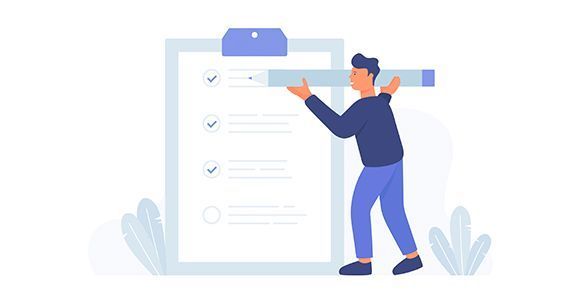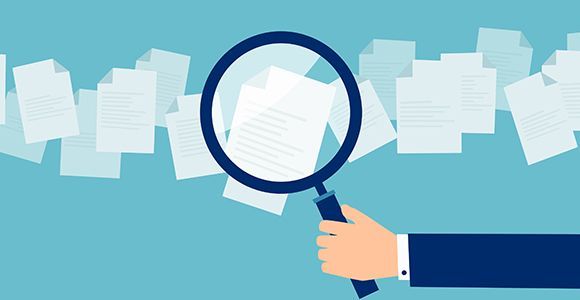13 March 2025
Your 2025 Small Business Insurance Checklist Insurance is an important way to manage and reduce the financial impact of business risks for your: Customers & employees; Earnings; Assets (plant & equipment, buildings and stock); and Personal assets of directors and managers. What Insurance is Optional & What's not? Your business may need certain types of insurance, like compulsory CTP or workers compensation. Others like professional negligence may be required by your professional association, such as doctors or accountants, or your clients. Other types of insurance are your choice. Workers compensation insurance – compulsory of you have employees Employers must have workers compensation insurance before starting to operate. It covers employees if they become injured or sick because of work. If you employ a contractor in your business, check to see if your need to include them under your workers compensation policy. Sole traders – optional death, illness and disability insurance If you’re a sole trader, workers compensation insurance doesn’t generally cover you. You’ll need to get your own personal death, illness and disability insurance. This will pay a lump sum if your permanently injured or loss of income for short term disability. CTP insurance is compulsory if you own or operate motor vehicles CTP covers injury to passengers and pedestrians. This is separate to comprehensive or Third-Party Property damage cover, which is optional. Property & Business Interruption insurance These are optional insurance policies, designed to protect buildings, stock, plant & equipment and other physical assets, whether you own a farm or a wholesale business. Typically, the policy includes cover for loss due to fire, burglary, glass, storm damage and accidental damage. Cover can also be purchased for Goods in transit, machinery breakdown. Business Interruption covers the resultant loss of income or increased costs of working following loss or damage to your property. Public & Products Liability insurance This insurance protects legal defence costs and damages awarded by a court if found responsible for injuries to another person or damage to their property. This may be from a slip and fall at your premises or injury form a product sold by the business. Additional cover can be purchased for product recall, advice provided related to goods sold and Management liability insurance This insurance covers directors, officers and managers for claims against mismanagement. It covers legal defence costs as well as court awarded damages against individuals, protecting their personal assets. Management liability insurance can also cover crime against the company, breach of employment practices and cyber and privacy liability. Talk to your insurance broker or authorised insurer about policy options for your business. Cyber insurance This helps protect your business from the costs of cybercrime. It can cover costs related to cyber extortion or ransomware, loss of profits and any resulting legal liability. Where to get advice Talk to your insurance adviser, they’ll discuss your risks and needs and provide advice and options for you to consider. Regularly reviewing your insurance ensures you have the right protection in place for your business’s evolving needs.







